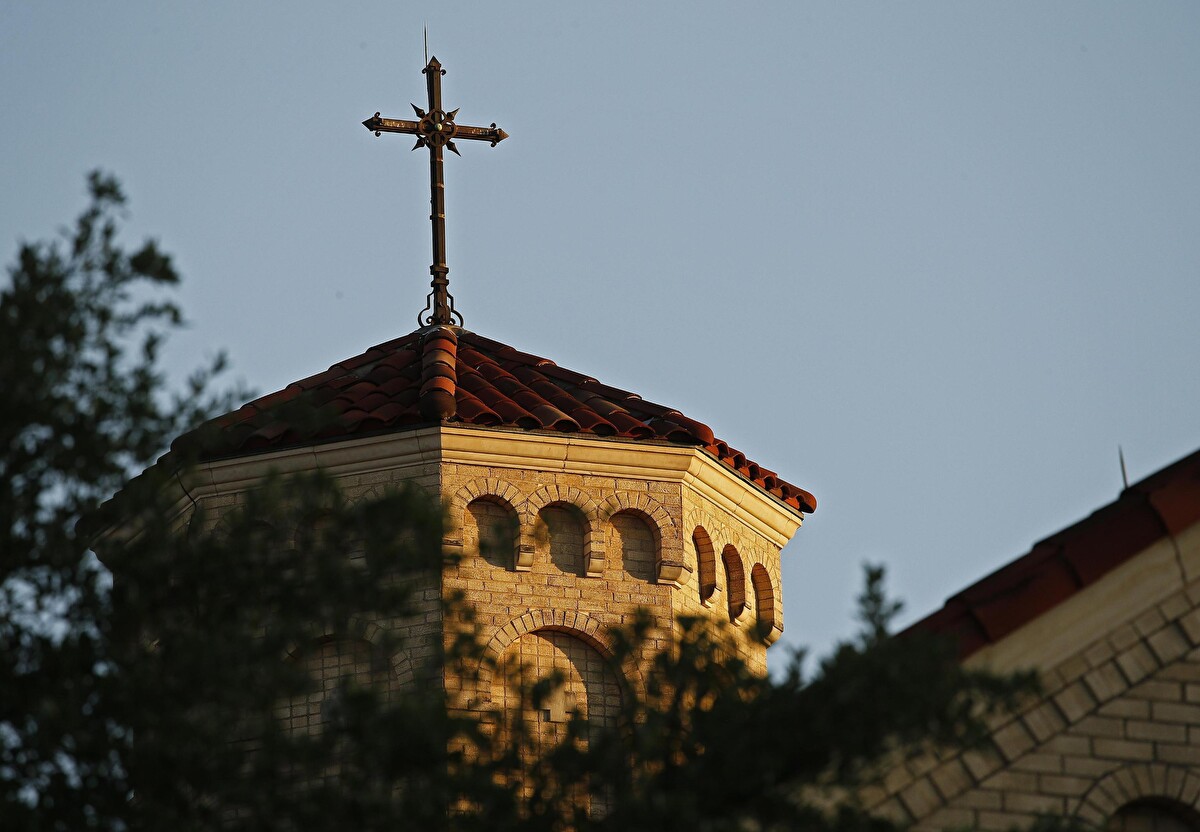Friedrich Merz has emerged as the victor in Germany’s parliamentary elections, as early exit polls reveal a commanding lead for his center-right coalition of the Christian Democratic Union (CDU) and its Bavarian sister party, the Christian Social Union (CSU), with 29% of the vote. The result marks the long-awaited victory for Merz’s CDU, following a brief interregnum under Chancellor Olaf Scholz.
However, the most striking development is the surge of the far-right Alternative for Germany (AfD), which secured 19.5% of the vote—its best result ever—after running a campaign focused on opposing terrorism and illegal immigration. The AfD’s impressive showing positions it as the main opposition party in the Bundestag, a role it has never held before.
Merz’s CDU now faces the challenge of navigating a potentially difficult coalition, one that may not be easy to manage despite its strong lead. The SPD, Scholz’s party, slumped to 16% of the vote, marking its worst result in history, while the Greens secured 13.5%.
Initial projections show a clear divide between the major political forces. Despite being well ahead, Merz’s CDU must contend with the complex task of forming a stable government. Much will depend on the performance of smaller parties: Die Linke, the Free Democratic Party (FDP), and the new Alliance led by Sahra Wagenknecht (BSW) are teetering near the crucial 5% threshold needed to enter the Bundestag. Partial results indicate that Die Linke, with 8.5%, is safe, while the FDP is just below with 4.9%, and the BSW still lags behind at 4.7%.
The formation of the next government hinges on whether these parties can cross the threshold. If at least two manage to make it into parliament, Merz will have to negotiate a tripartite coalition, significantly complicating his policy agenda. If only one succeeds, Merz could form a coalition with a single partner, potentially simplifying the process.












